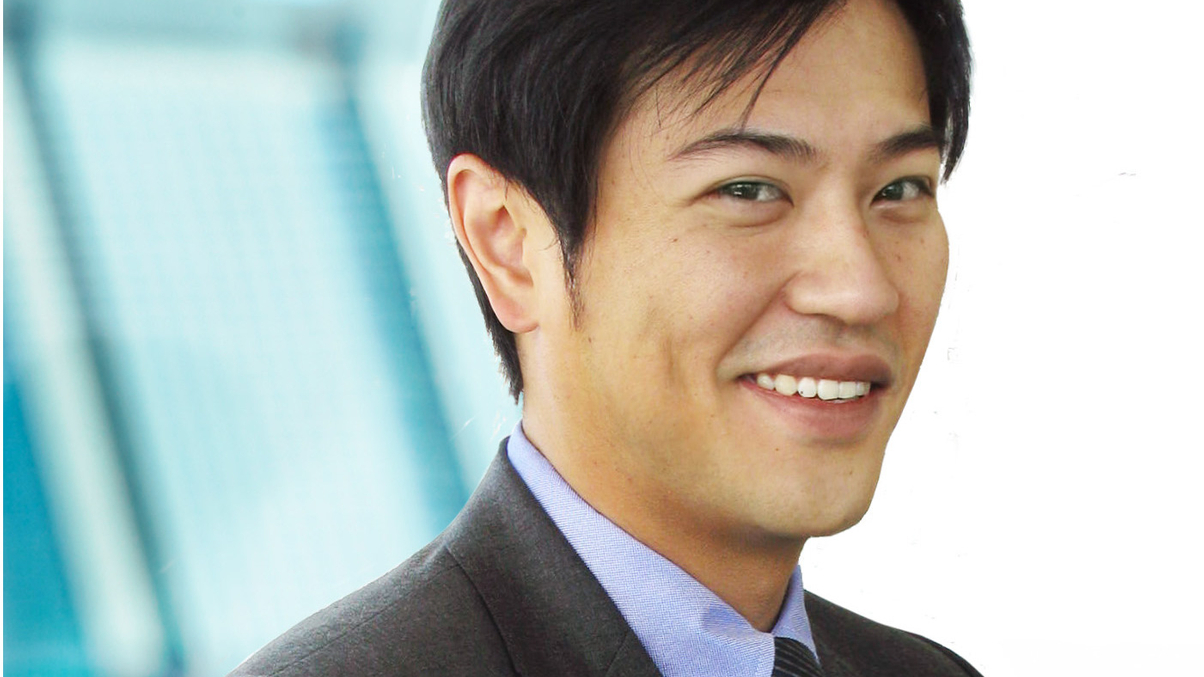Morningstar hires to expand Asia funds research
The US-based firm adds fund research executives in Australia and Hong Kong as it moves to expand its regional coverage.

US-based Morningstar offers research on around 15% of fund assets in Hong Kong, Singapore and Taiwan, but aims to raise that figure to 70% within two years and achieve a similar level of coverage in China, India and South Korea at some point.
Sign in to read on!
Registered users get 2 free articles in 30 days.
Subscribers have full unlimited access to AsianInvestor
Not signed up? New users get 2 free articles per month, plus a 7-day unlimited free trial.
¬ Haymarket Media Limited. All rights reserved.


